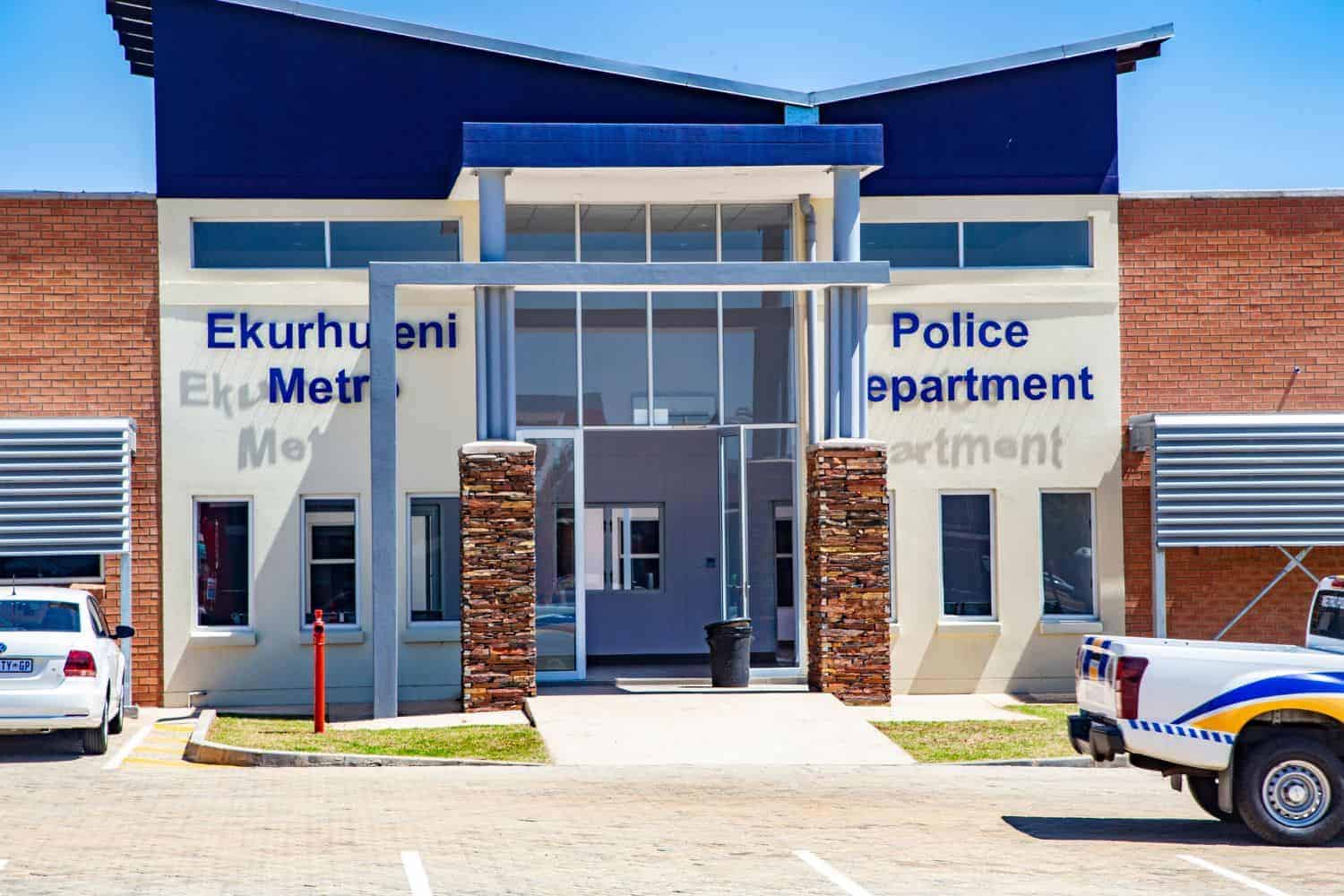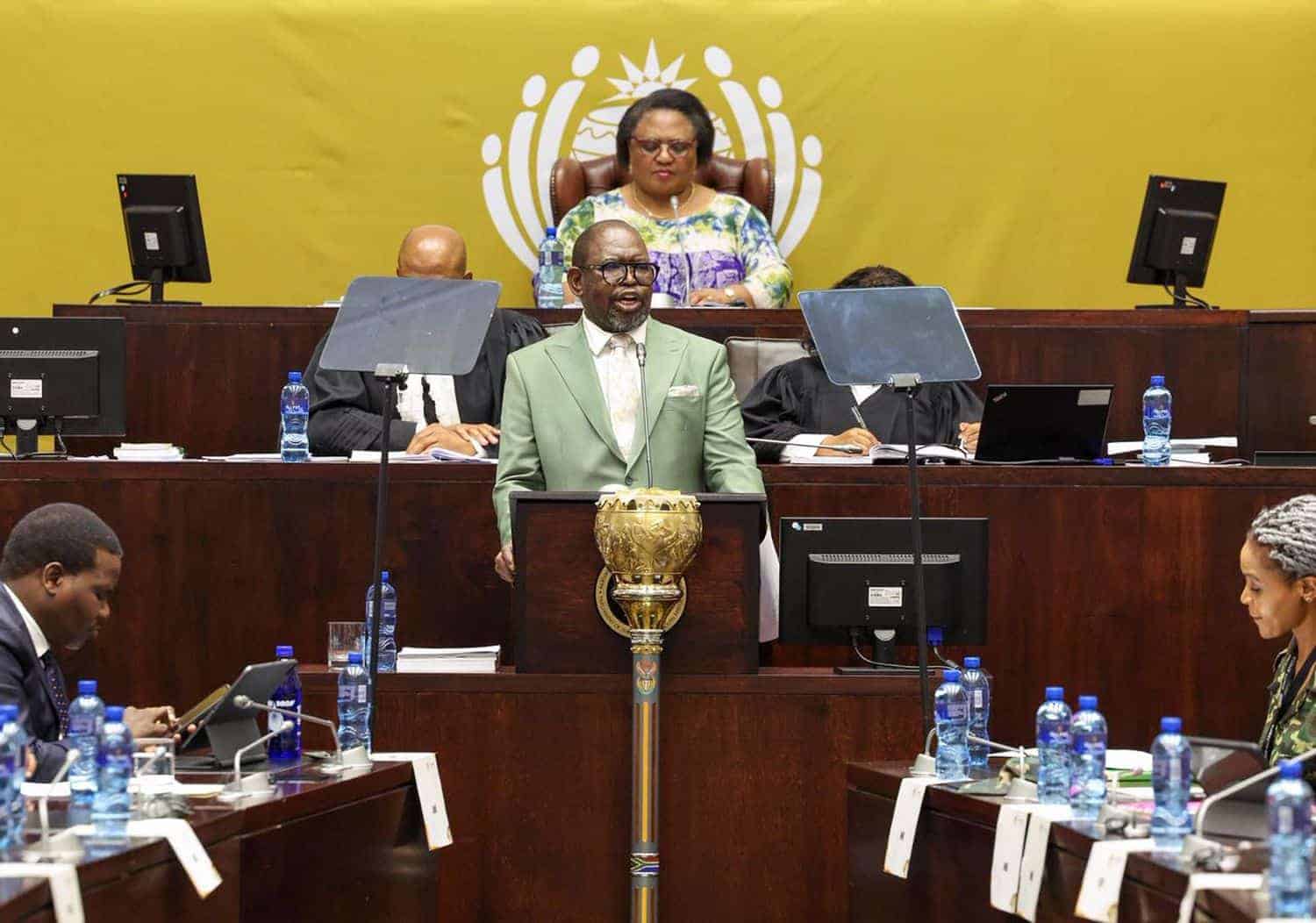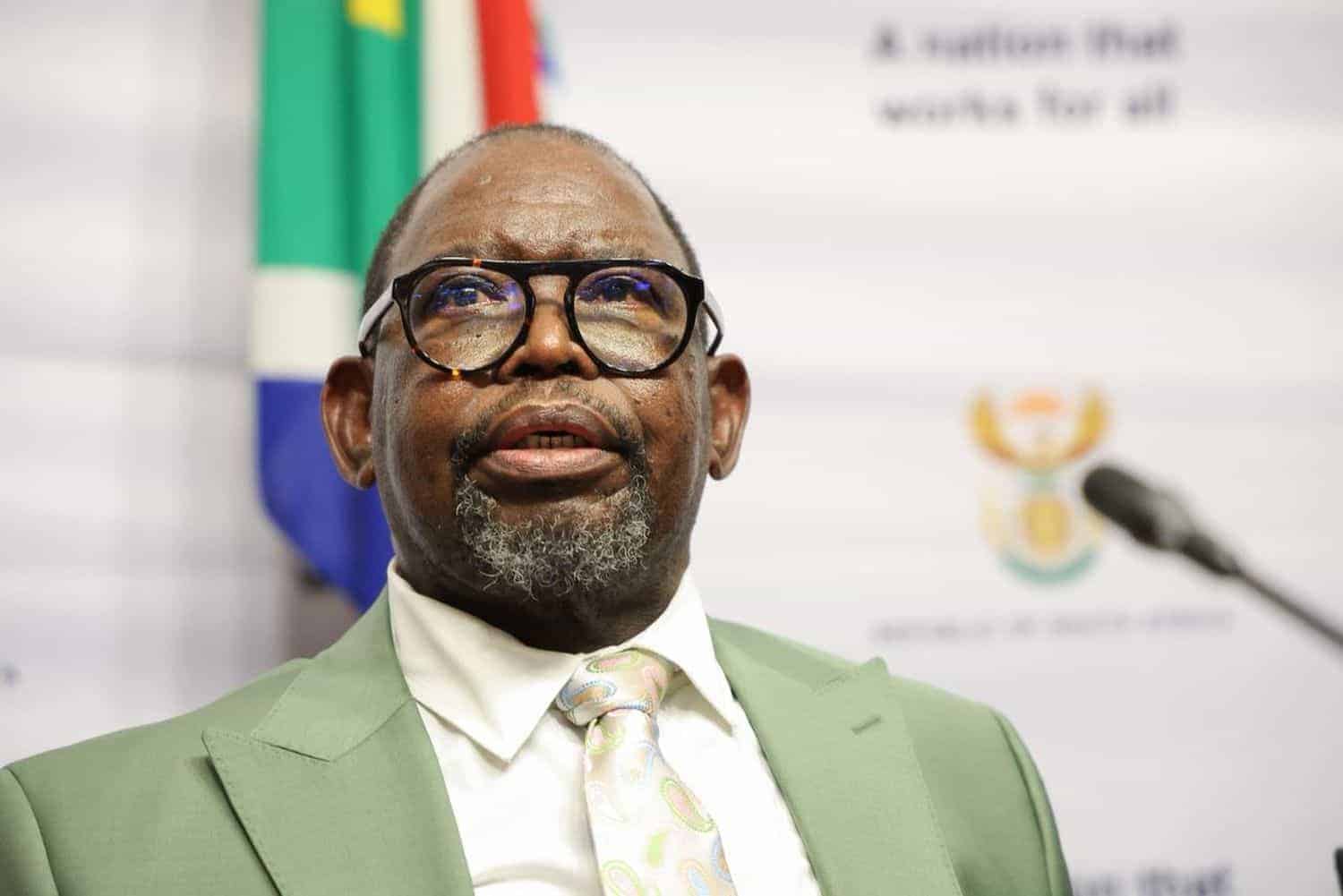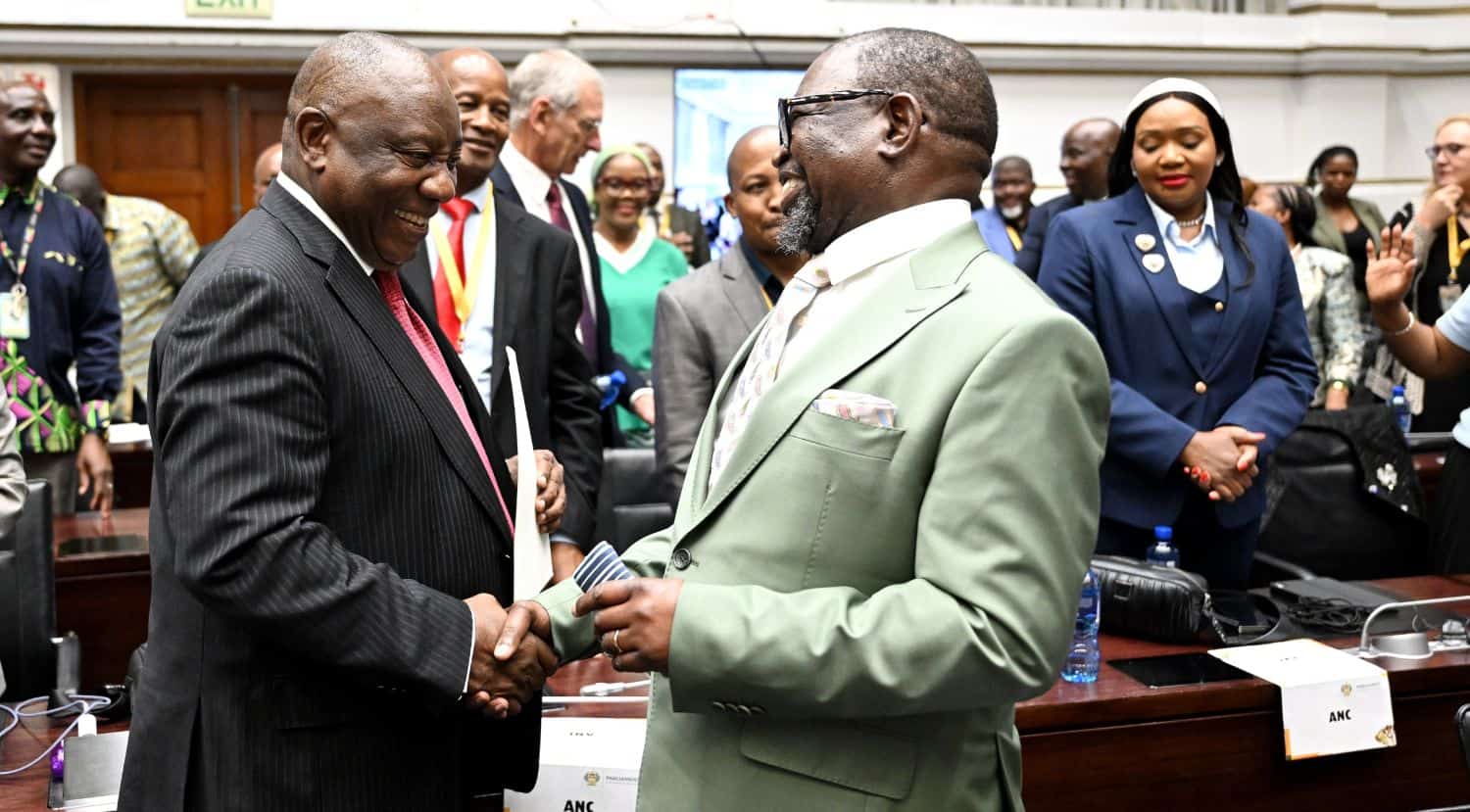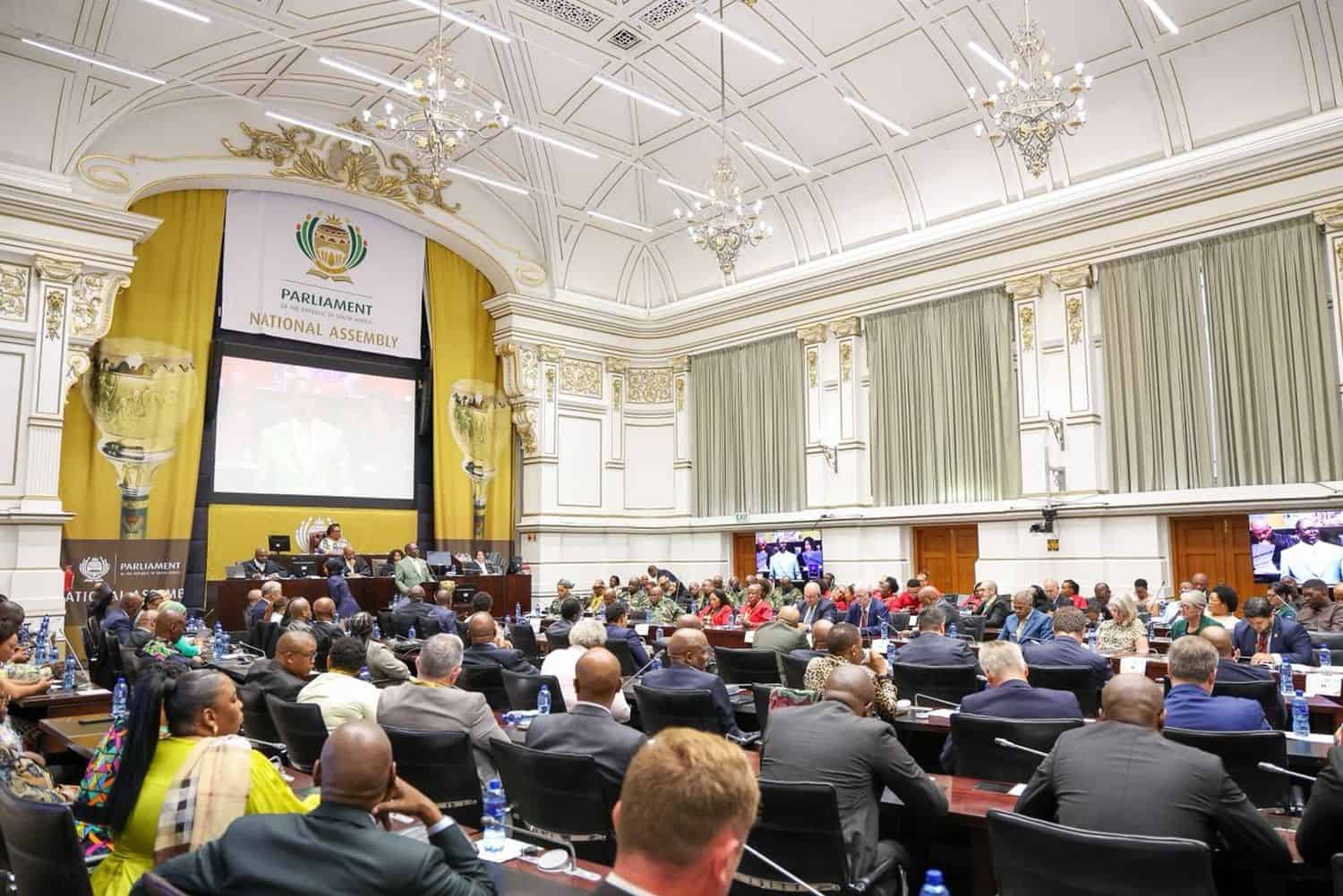MTBPS: Godongwana outlines plans to reach R1 trillion mark in infrastructure investment
Central to reaching this goal are public-private partnerships.
Infrastructure investment is key to South Africa’s economic growth, with Treasury aiming to exceed the R1 trillion mark in public sector infrastructure investment over the next three years.
Central to reaching this goal are public-private partnerships (PPPs). Finance Minister Enoch Godongwana echoed President Cyril Ramaphosa’s words that “infrastructure is the flywheel of our economy.”
He was delivering his 2025 Medium-Term Budget Policy Statement (MTBPS) on Wednesday in Cape Town.
“In line with this vision and advancing our pillar of growth-enhancing infrastructure, we are shifting the composition of spending from consumption to investment,” said Godongwana.
ALSO READ: Three budgets later, infrastructure investment amount still the same
Amendments to PPP regulations
He highlighted that they are leveraging public resources to mobilise private finance and expertise at scale to strengthen service delivery, improve spending effectiveness and drive higher economic growth.
Godongwana said the amendments to PPP regulations that took effect on 1 June are expected to unlock the potential across spheres of government and streamline approvals for smaller projects.
“Three weeks ago, new guidelines on unsolicited bids and fiscal commitments and contingent liabilities were issued, and these took effect immediately,” he added.
“The unsolicited bid guideline provides a clear structured pathway for the private sector to submit project ideas to government. It also provides a framework for reporting and managing of fiscal commitments and contingent liabilities arising from PPP projects.”
Municipal PPP regulations
Godongwana said municipal PPP regulations are set to get amended in 2026. He added that the department of transport’s private-sector participation unit is looking at adding changes to the passenger transport and logistics sector.
“Leveraging lessons from the Renewable Energy IPP (independent power producer) project, to streamline planning and procurement, the department of transport’s private-sector participation unit is reviving the passenger transport and logistics sector,” said Godongwana.
“Following strong interest from the freight logistics requests for information, the unit will issue the first rail corridor request for proposal by December 2025, with others following in early 2026. The unit has also issued requests for information for investment opportunities in modernising and growing the passenger rail system.”
ALSO READ: ‘Private sector must lead projects, not government’ – Tourism minister on PPP
Water projects across municipalities
One of the biggest issues municipalities across the country are struggling with is providing uninterrupted and clean water. The Water Partnerships Office is working on a project that is expected to help with this issue.
“The Water Partnerships Office is making progress in preparing non-revenue water and reuse projects across municipalities,” said Godongwana. “These will create a robust pipeline for the private sector to co-invest in.”
He added that they have rearranged the Budget Facility for Infrastructure (BFI) to run four bid windows annually instead of just one. BFI is a budget reform initiative that appraises and supports large-scale public infrastructure projects requiring fiscal support.
It establishes specialised structures, procedures, and criteria for committing government funding to these projects, with a focus on robust appraisal, effective planning, and sustainable financing arrangements to ensure better project outcomes and fiscal control.
BFI reconfiguration
Godongwana highlighted that since the reconfiguration, the BFI has received 28 submissions. Nine projects were accepted for detailed analysis.
Funding to the tune of R4.1 billion is also allocated for disaster relief to fix schools, pipelines, clinics and substations damaged between last year and this year by flooding in KwaZulu-Natal, Mpumalanga, and the Eastern Cape.
“To raise the funding for these BFI projects, a new infrastructure bond will be launched soon to raise a minimum of R15 billion,” he added.
ALSO READ: At least R900 billion needed to fix SA’s water woes
Credit Guarantee Vehicle
Godongwana touched on the Credit Guarantee Vehicle. The Vehicle is a financial tool designed to attract private capital to public infrastructure projects by providing credit guarantees to private investors.
It aims to reduce the financial risk of these projects, thereby addressing the country’s infrastructure financing gap and supporting its Just Energy Transition goals. This financial tool will receive R2 billion from government.
“Initially, the vehicle will support electricity transmission expansion, directly contributing to our efforts at energy security while also driving decarbonisation,” he said.
“This heralds a new era in PPPs, where private investment in high-voltage transmission lines is enabled. This is real progress in our move away from merely fixing the power utility to securing power to the grid from a range of sources.”
Infrastructure Finance and Implementation Support Agency
Godongwana said the new Infrastructure Finance and Implementation Support Agency will be operational by March 2026.
“The agency will provide project preparation support to supply the BFI pipeline. It will centralise infrastructure finance functions to systematically crowd-in private capital and promote the use of alternative delivery mechanisms,” he said.
He noted that many municipalities have an inability to turn allocated budgets into reliable services. Therefore, they are piloting a utility reform programme to stabilise and professionalise water and electricity businesses in a few municipalities in Mpumalanga.
“We will use accredited indirect delivery partners such as the Development Bank of Southern Africa and the Municipal Infrastructure Support Agent to provide the infrastructure while building municipal capability to do this on their own.
“And this is how we will ensure that our goal of public sector investment in infrastructure exceeds the R1 trillion mark over the next three years.”
NOW READ: Government spending to increase to R2.9 trillion – mostly on public services and benefits



